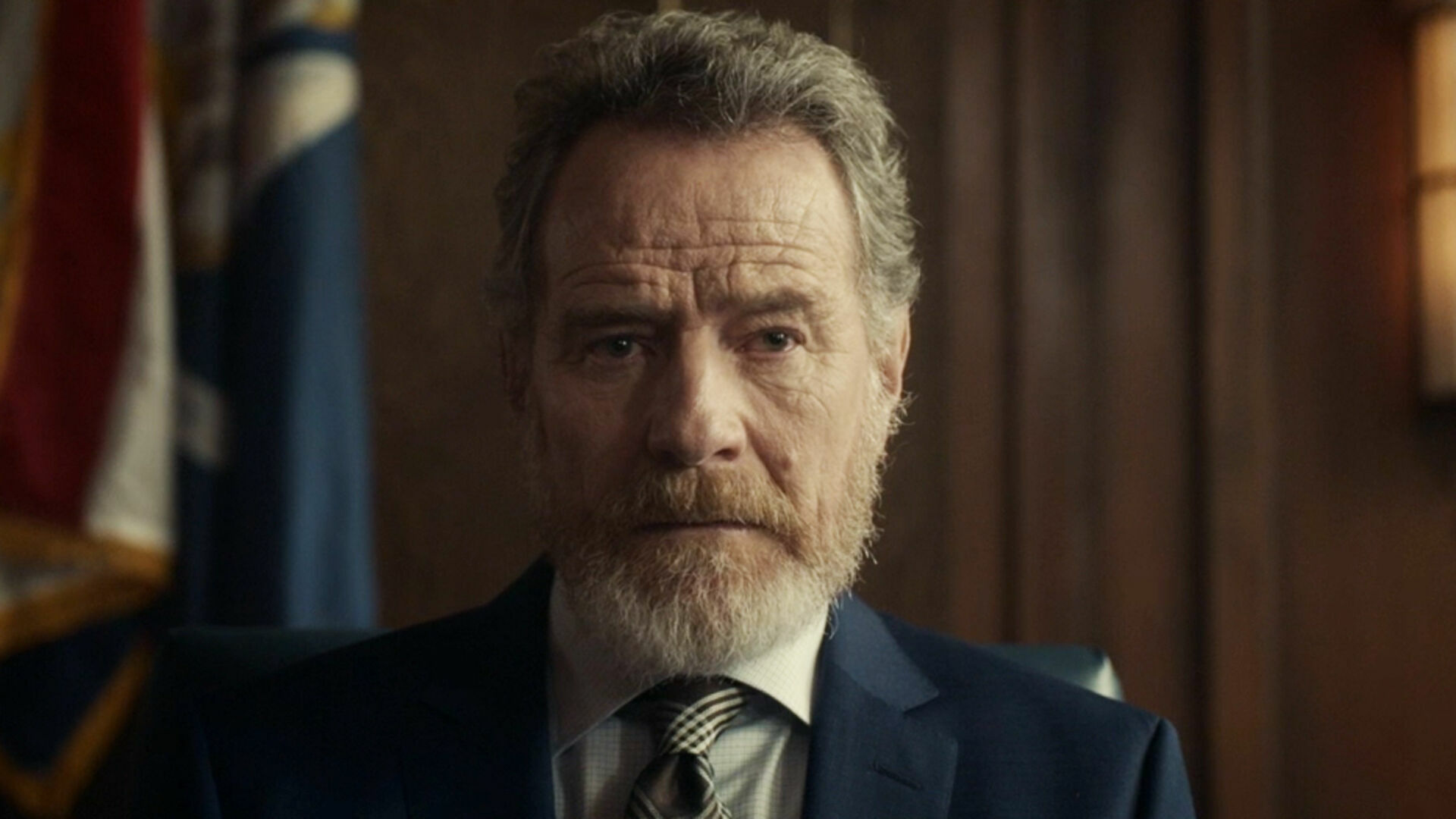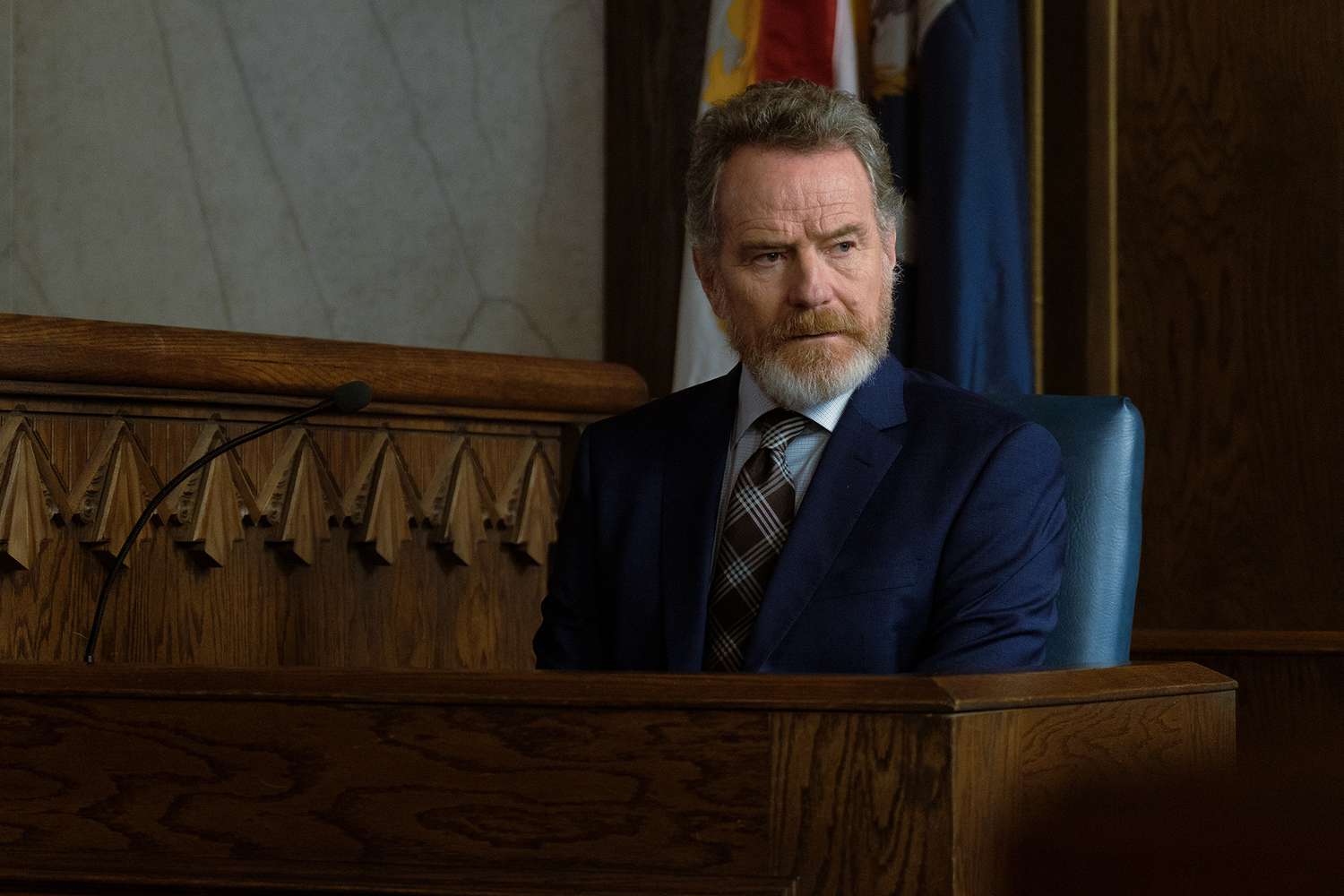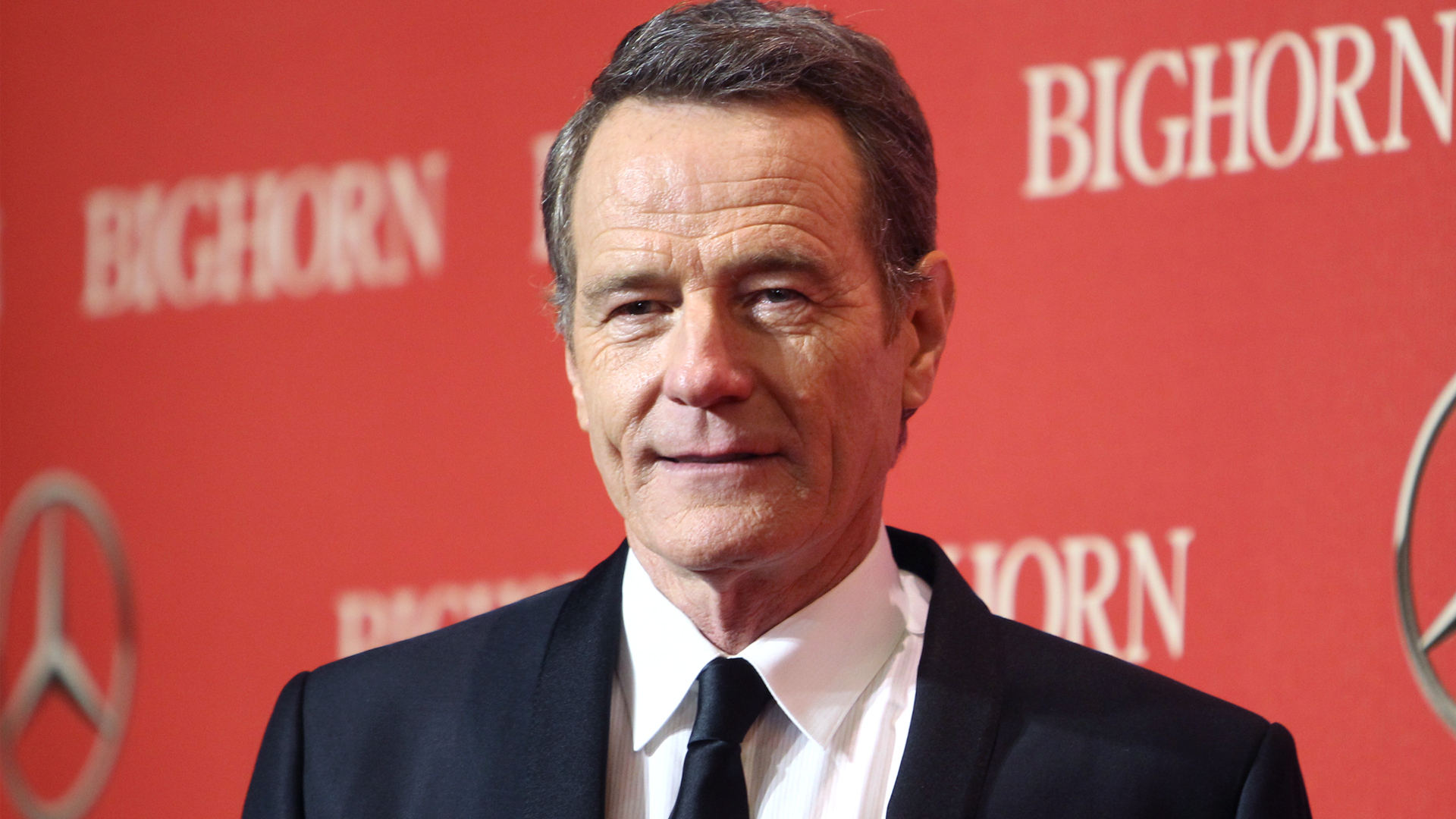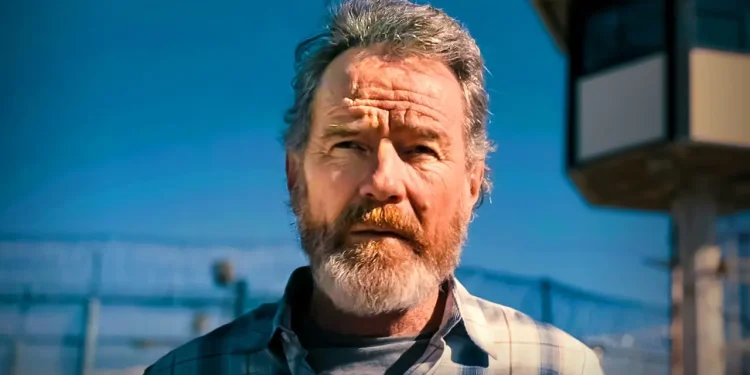Bryan Cranston’s return to television did not disappoint, as his portrayal of Michael Desiato in “Your Honor” demonstrated once again his affinity for complex, morally ambiguous characters.
In the realm of television dramas, few actors manage to leave a lasting impression quite like Bryan Cranston. From his iconic role as Walter White in “Breaking Bad” to his recent portrayal of Michael Desiato in “Your Honor,” Cranston has consistently shown a fascination with characters that teeter on the brink of moral ambiguity. While “Breaking Bad” remains a milestone in TV history, “Your Honor” marked Cranston’s return to the small screen after a seven-year hiatus, setting high expectations that, initially, were not entirely met.

Season 2 of “Your Honor”: A Significant Turnaround
The first season of “Your Honor” was met with mixed reviews, securing a disappointing 58% on the Tomatometer. However, the series found its stride in season 2, thanks in large part to the addition of a formidable new character who brought a much-needed dynamic shift to the show. This character, played with tenacity by Rosie Perez, was exactly what the series needed to reinvigorate its narrative and engage viewers on a deeper level.
Rosie Perez joined the cast in a challenging role that required her to drive most of the scenes due to Desiato’s increasingly withdrawn demeanor. Cranston himself noted the difficulty of this arrangement, saying it seemed “dramatically unfair because her character has to drive the scenes.” Despite the challenges, Perez’s performance was stellar, earning her high praise from Cranston and critics alike. Her ability to hold her own against a six-time Emmy winner highlights her skill and dedication, making season 2 a notable improvement over its predecessor.

Cranston’s Attraction to “Damaged” Characters
Cranston has openly expressed his intrigue with flawed characters, suggesting a personal and professional gravitation towards roles that explore the complexities of human nature. “I guess I’m just attracted to damaged characters,” Cranston mused in an interview. He elaborates that these characters often begin with seemingly good intentions, which captivates the audience and lays the groundwork for compelling storytelling.
This narrative technique was masterfully employed in “Breaking Bad,” where Vince Gilligan, the series creator, initially positioned Walter White as a sympathetic figure before gradually unveiling his darker impulses. This evolution not only challenged viewers’ loyalties but also enriched the show’s psychological depth.
The Impact of Cranston’s Physical Transformation
Adding another layer to his character in “Your Honor,” Cranston underwent a significant physical transformation, losing 16 pounds to mirror his character’s despair and existential turmoil. This physical change was not just for visual effect; it paralleled the internal decay of Desiato’s spirit and amplified the gravity of his predicament.

A Testament to Storytelling Excellence
The second season of “Your Honor” serves as a testament to the power of well-crafted characters and the importance of casting in driving a show’s success. With Cranston at the helm and Perez’s powerful addition, the show not only improved its critical reception but also reaffirmed Cranston’s status as a master of portraying layered, troubled individuals. As “Your Honor” continues to captivate audiences, it remains a brilliant example of how complex characters can elevate a narrative, engaging viewers and provoking thought long after the credits roll.









